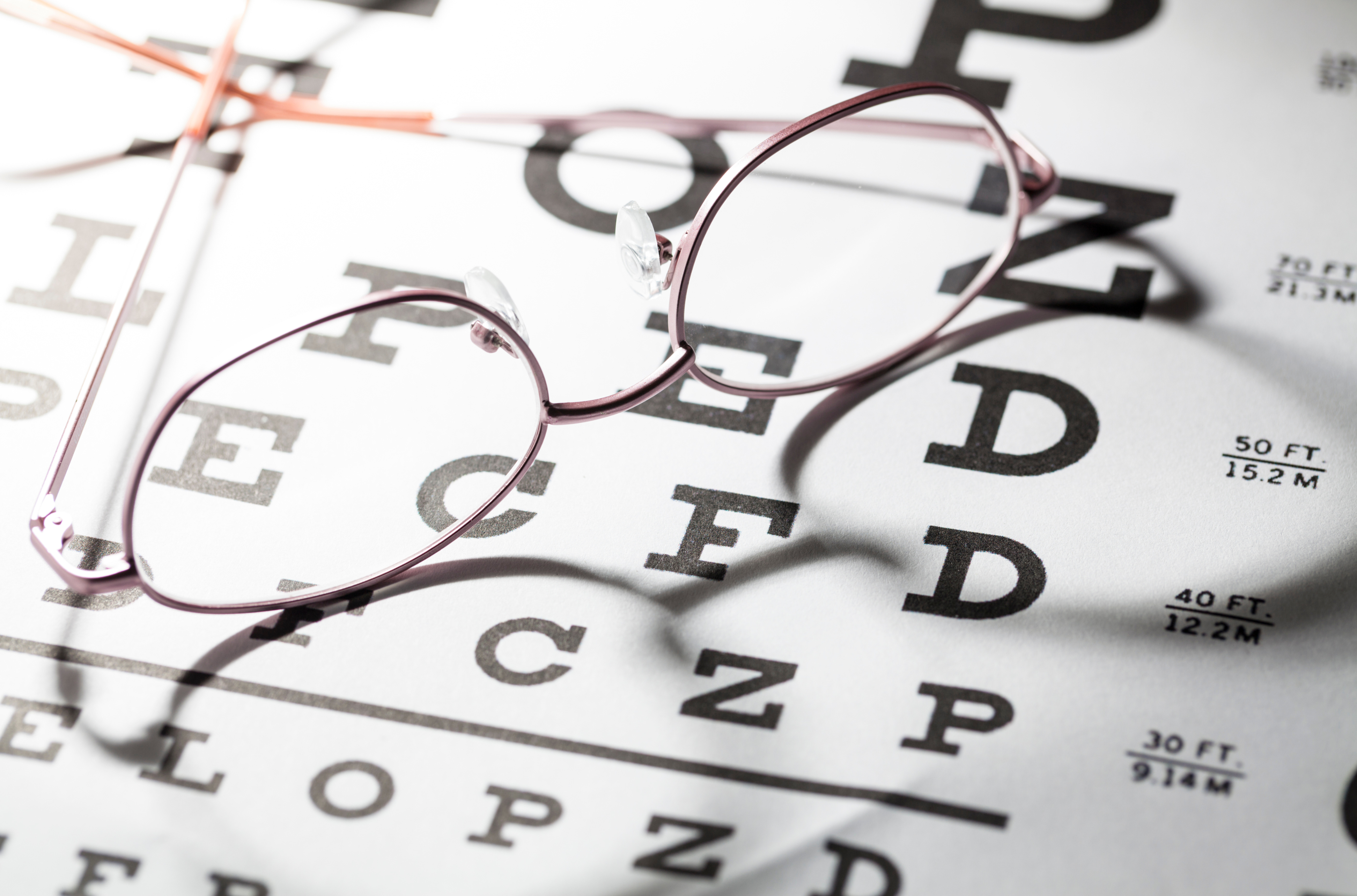The importance of practicing eye safety while engaging in winter sports
One of the best ways to make winter weather more tolerable is by engaging in seasonal sports, such as skiing and snowshoeing. Getting outside, even in frigid temperatures, is paramount to your overall well-being—including eye health.
That being said, outdoor winter activities come with dangers beyond steep slopes and icy conditions. Did you know that there’s a high risk of sunburn—including on your eyes—in the winter months?
Although we typically tend to associate summertime with sunburns, photokeratitis—which is essentially a fancy word for eye sunburn—is a very real risk in the wintertime, too. Fortunately, there are simple, fashion-forward ways you can protect your sight, so you can spend time outdoors this winter season, worry-free.
What is photokeratitis?
Simply put, photokeratitis is a temporary—though nonetheless painful—eye condition, caused by excessive exposure to the sun’s harsh rays. Although symptoms are generally resolved swiftly, eye sunburns are definitely no picnic; they can spur serious irritation, inflammation and potential vision loss for up to 48 hours.
While direct exposure to UV rays can cause photokeratitis, so, too, can the sun’s powerful reflection. Photokeratitis can be triggered by any highly reflective surface, including:
- Water, which reflects up to 100% of UV rays
- Snow, which reflects up to 85% of UV rays
- Dry sand and concrete, which reflect up to 25% of UV rays
Many winter activities require you to be surrounded by snow and icy surfaces, so even though you may think you’re safe from the sun, you must be mindful of photokeratitis—which is also referred to as snow glare and snow blindness—whenever you’re spending extended periods of time outdoors.
Symptoms of photokeratitis
Photokeratitis typically manifests in the following temporary symptoms:
- Pain or redness in and around the eyes
- Blurred vision
- Headaches
- Light sensitivity
- Seeing halos
- Temporary loss of vision
Beyond temporary symptoms, though, it’s also important to bear in mind that long-term exposure to UV radiation accumulates over time, and may increase your risk of developing cataracts, macular degeneration and pinguecula and pterygium, which are growths on the eyes. That’s why it’s important to protect your eyes while outside—regardless of the season.
Treating photokeratitis
If you do experience symptoms of photokeratitis, immediately remove your contact lenses if you wear them. Depending on the severity of your symptoms, take over-the-counter anti-inflammatory pills to treat your headache, and place a cold compress over your eyes for 10 minutes at a time to ease discomfort. You can also try using preservative-free artificial tears as a treatment to relieve symptoms.
Typically, symptoms dissipate within a few hours, but if the pain persists, seek medical support.
Cover your eyes
While there are ways to treat photokeratitis, it’s always best to do what you can to prevent yourself from getting it in the first place. Fortunately, the solution is simple—and stylish.
Wearing proper eye protection is a must, as sunglasses or snow goggles can absorb up to 100% of harmful UV rays, while also shielding you from headache-inducing light glare. Opt for oversized lenses, in particular, as they’ll cover more surface area, offering greater protection against bright light. If you’re a contact lens wearer, talk to your doctor about UV-absorbing lenses, which offer an added layer of protection.
Polarized are preferable
When it comes to preventing photokeratitis and light glare, polarized sunglasses are undoubtedly the way to go. Polarized lenses—which contain a chemical that filters light that is reflected off of horizontal surfaces—help to substantially reduce light glare and eye strain. While there are countless pros to wearing polarized lenses on a daily basis, they are especially useful at protecting against snow glare in the wintertime.
Head over to one of our clinics to check out our unbeatable selection of polarized lenses that will shield your eyes this season. We have a wide variety of options available, so you can aprés ski in style—while also practicing eye safety. It’s a win-win.
Have any questions or concerns about your eyes? Book an appointment with us today at an FYidoctors clinic near you.



